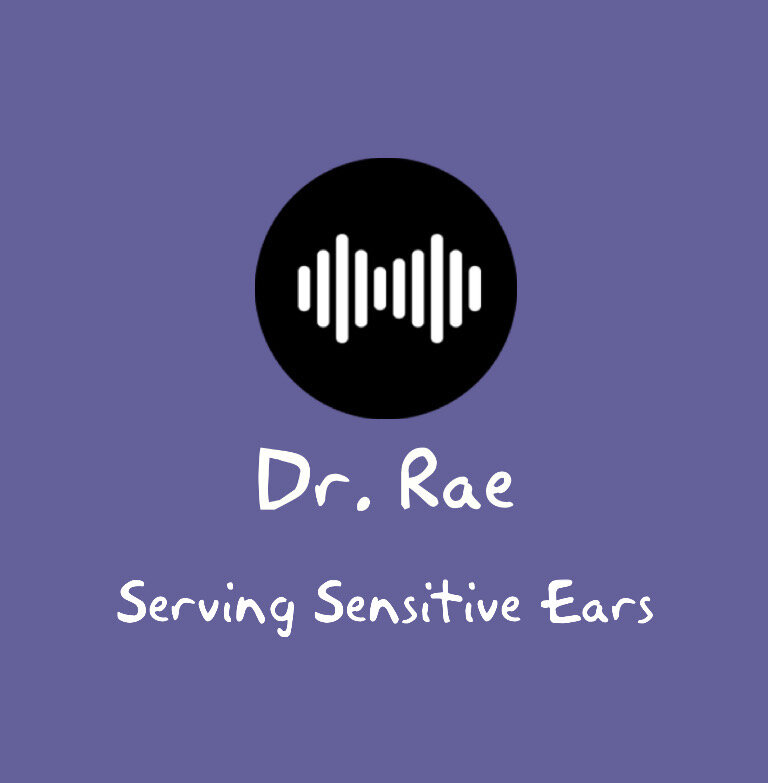Auditory Processing Disorder (APD) as Viewed by Dr. Rae Stout
Auditory Processing Disorders (APD), better understood as a spectrum rather than a singular condition, encompass symptoms stemming from a variety of factors including heredity, in-utero alcohol exposure, head injuries, and auditory deprivation from illnesses such as ear infections. Contrary to the notion that APD exists purely without overlap with conditions like autism, ADHD, and dyslexia, it's evident in my practice that most patients exhibit comorbidities. APD is typically diagnosed through performance-based tests and case histories, often without a clear understanding of its cause, much like observing a river's surface without seeing the rocks beneath that create the currents.
Children are not the only ones affected by auditory processing challenges; many adults, even without hearing loss, begin experiencing difficulties in noisy environments starting in their forties, leading to potential isolation and depression. This risk worsens for older adults, where even mild hearing loss can significantly increase the likelihood of isolation, depression, cognitive decline, and falls. It's crucial for both the adult and geriatric populations to recognize the impacts of APD and even slight audiometric hearing losses to prevent auditory deprivation and its consequences.
The challenge lies in identifying effective interventions. While various auditory training programs are touted for their benefits, the long-term efficacy of these interventions remains to be fully established. However, there's undeniable objective and anecdotal evidence that strategies such as FM systems and low-gain programmed hearing aids, if used consistently and fit properly, can facilitate significant improvements in auditory access, subsequently enhancing language, social skills, and academic performance.
In educational and workplace settings, APD often functions as a hidden barrier to learning and productivity, necessitating appropriate accommodations and interventions to ensure individuals can perform to their full potential. Yet, the pathway to identifying and supporting individuals with APD is fraught with misconceptions and a lack of consensus on its definition and treatment. This situation calls for a reevaluation of how we understand and address APD, advocating for a model that recognizes the diversity of its manifestations and the intricate connections with other developmental and sensory processing challenges.
In pioneering the use of low-gain programmed hearing aids, I've observed firsthand the transformative impact of enhanced auditory access on individuals with APD. Despite the skepticism surrounding APD's existence and treatment, the evidence from thousands of patients demonstrates the critical role of clear auditory access in overcoming the many challenges associated with APD. As we advance in our understanding and approach to APD, it is imperative to adopt a more inclusive and flexible perspective that accommodates the complex nature of auditory processing and its implications on individual lives.
